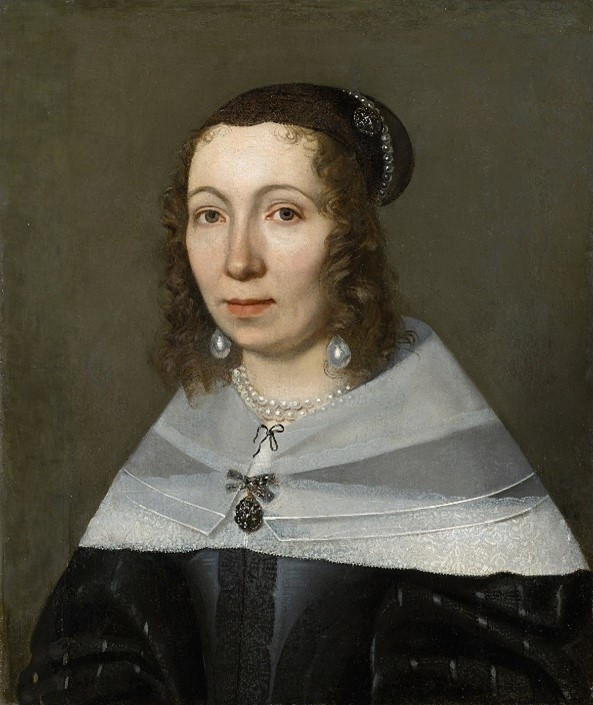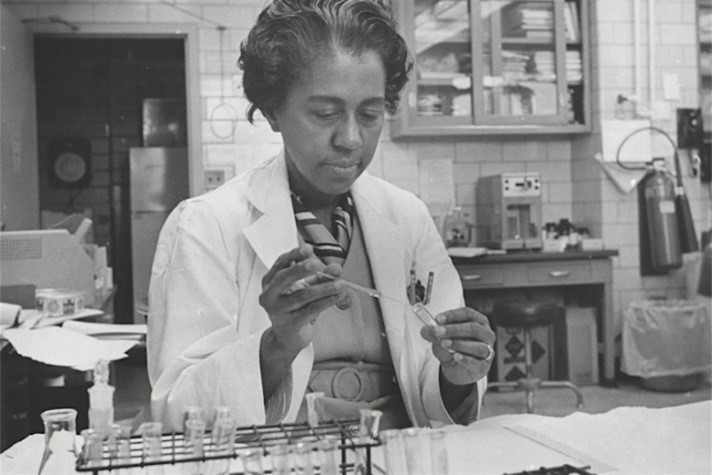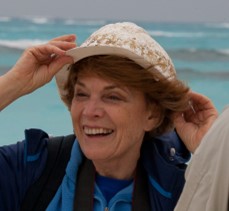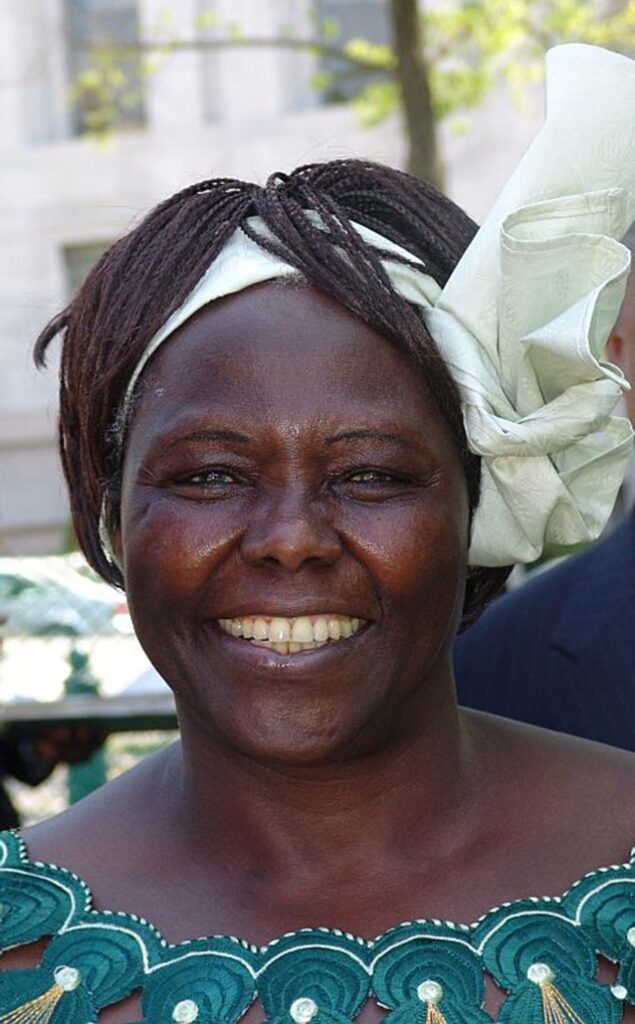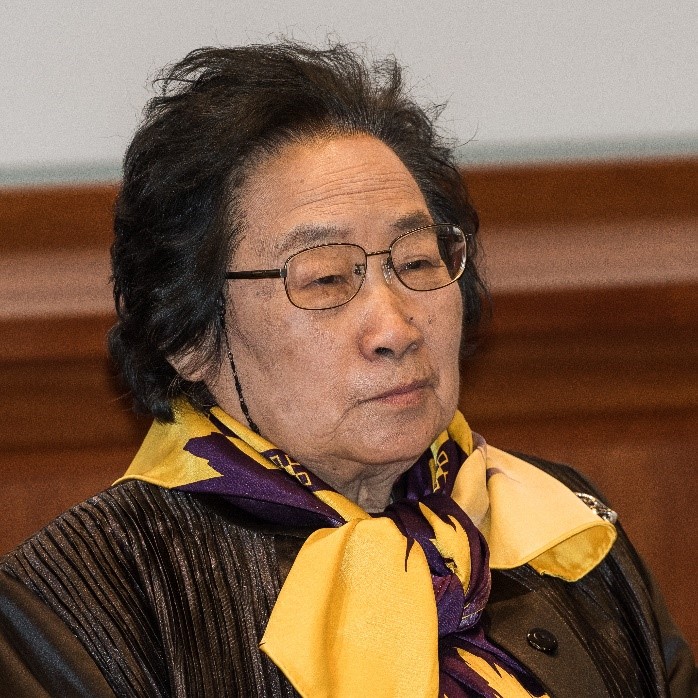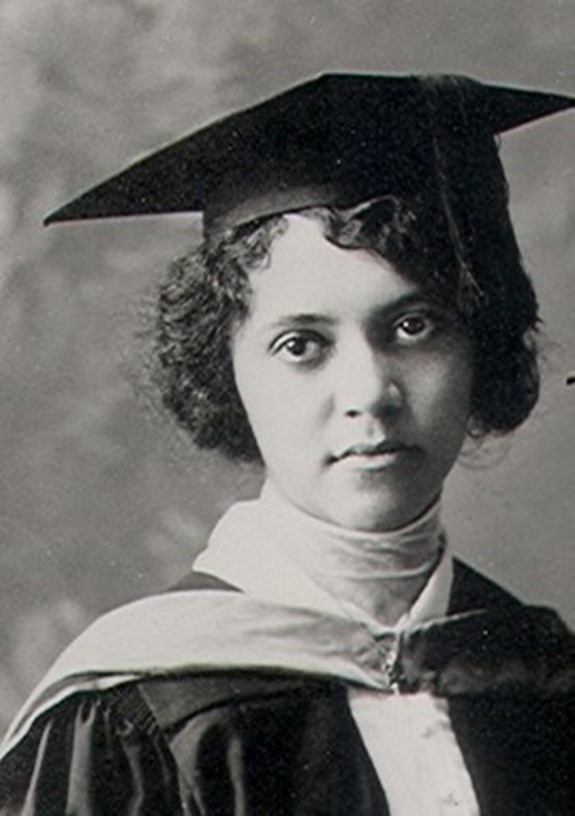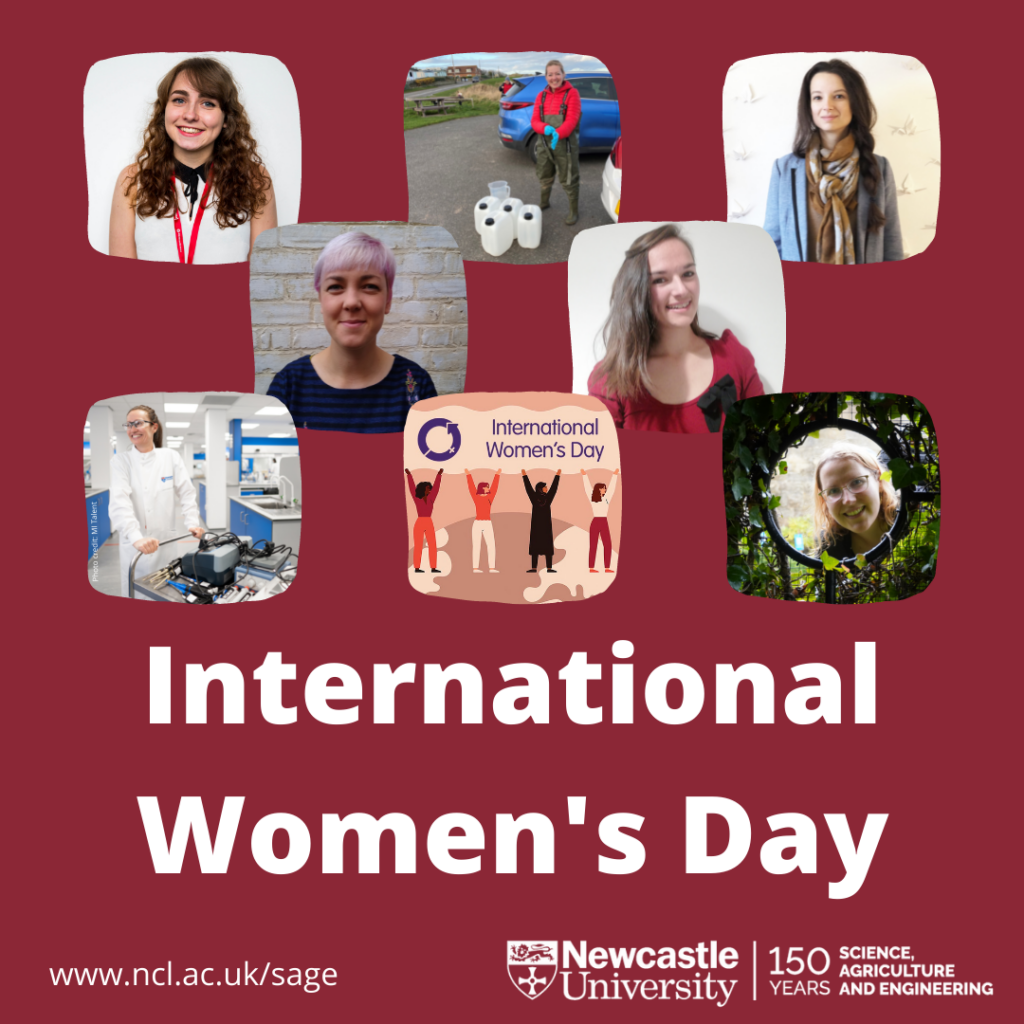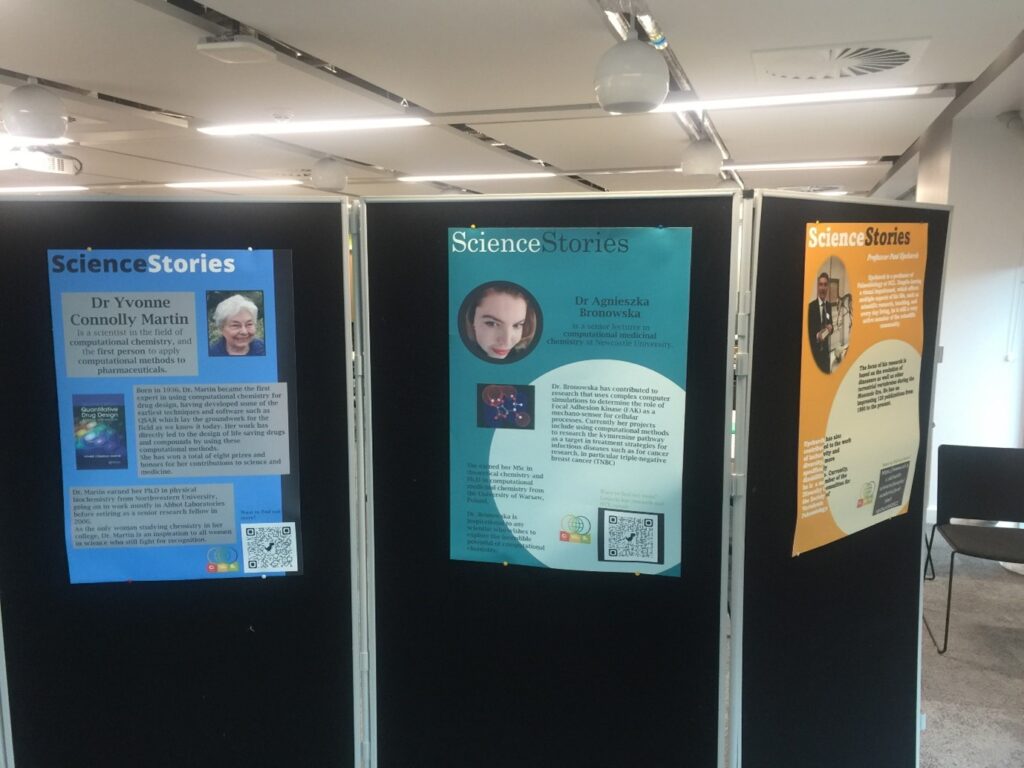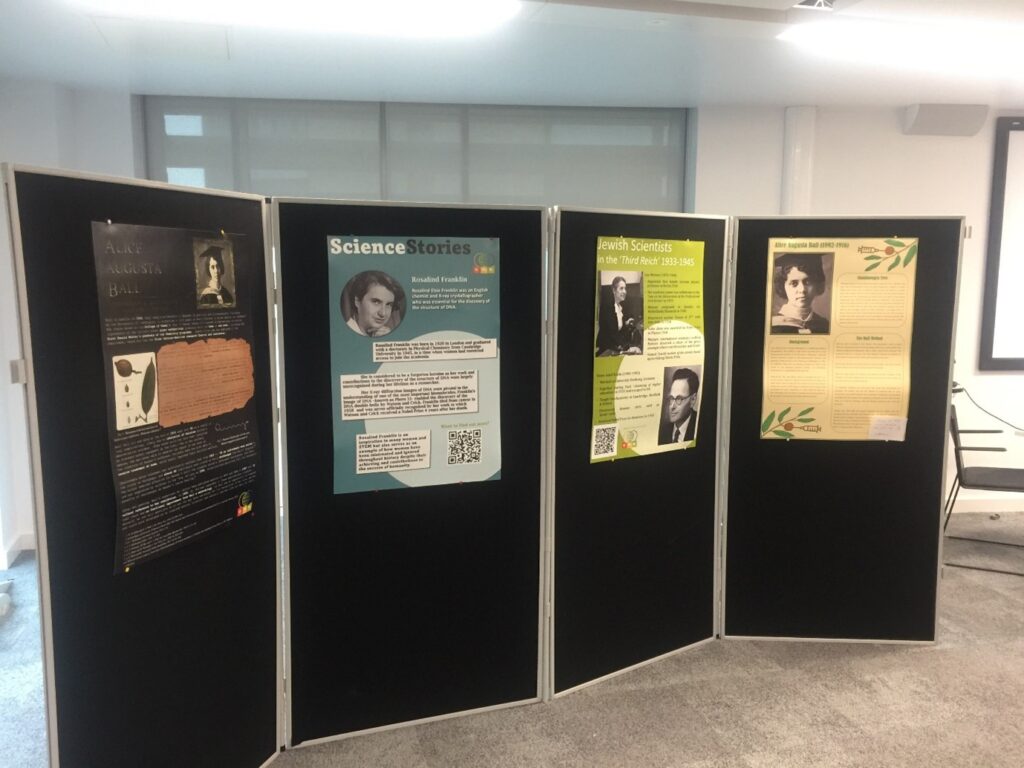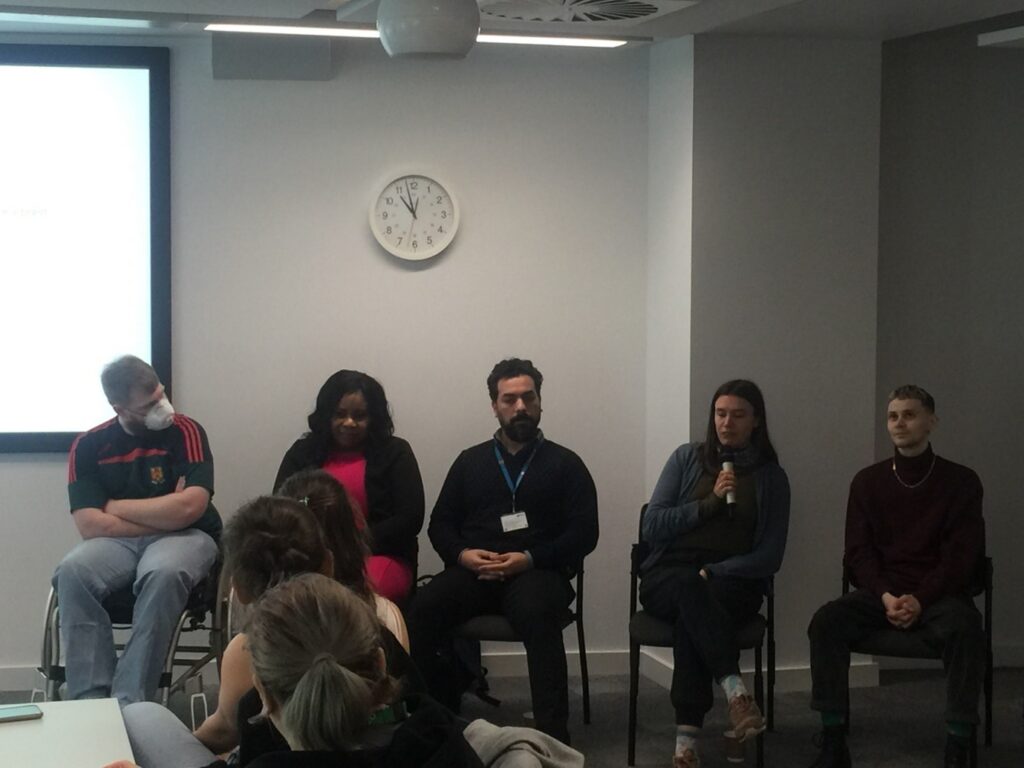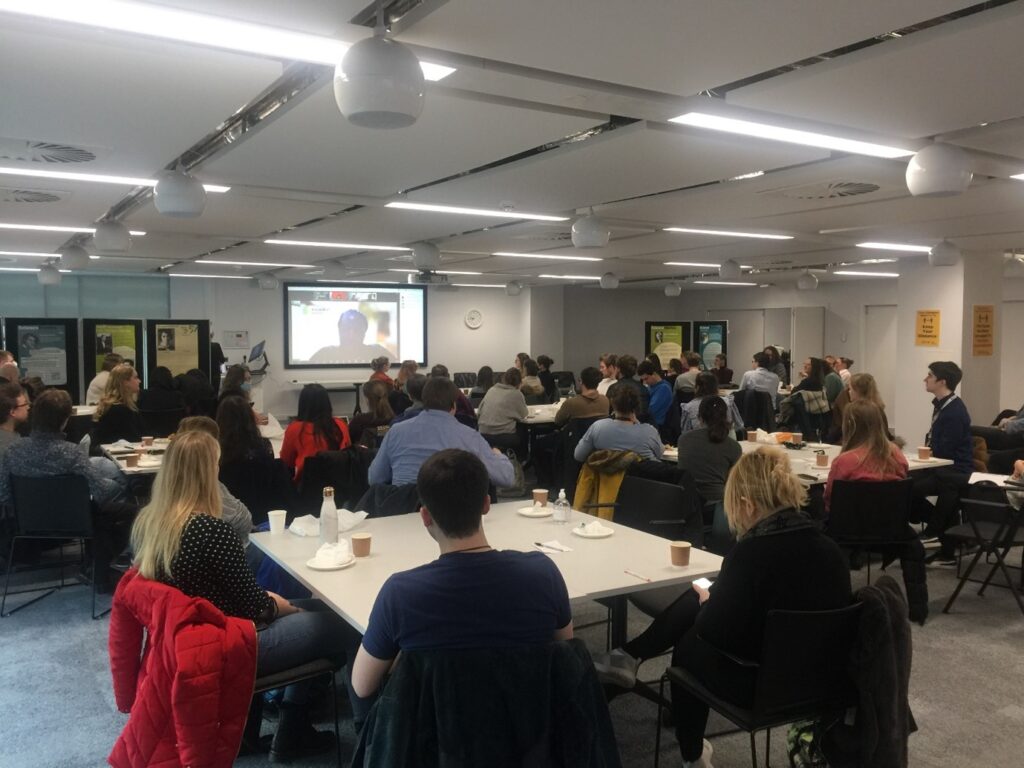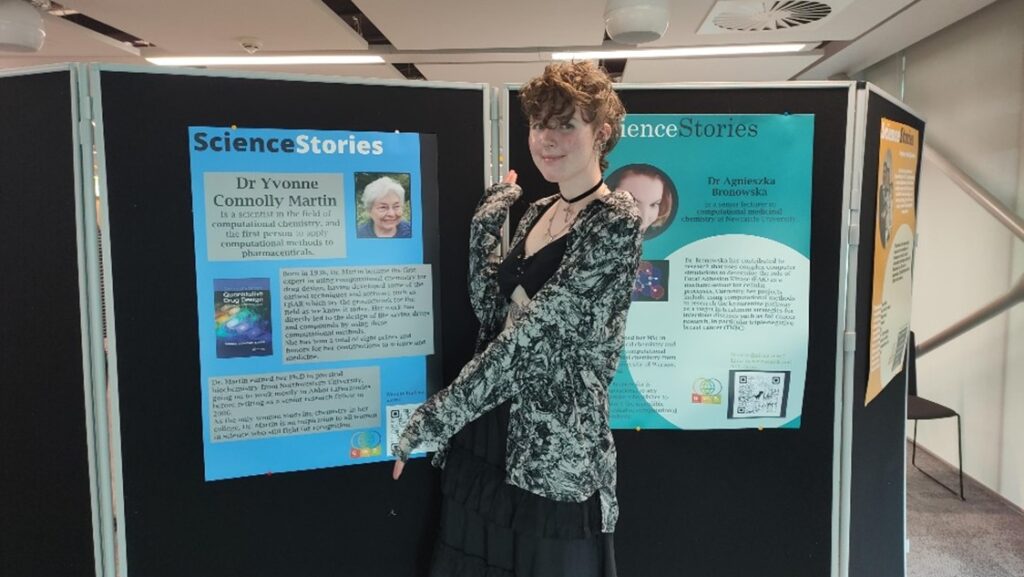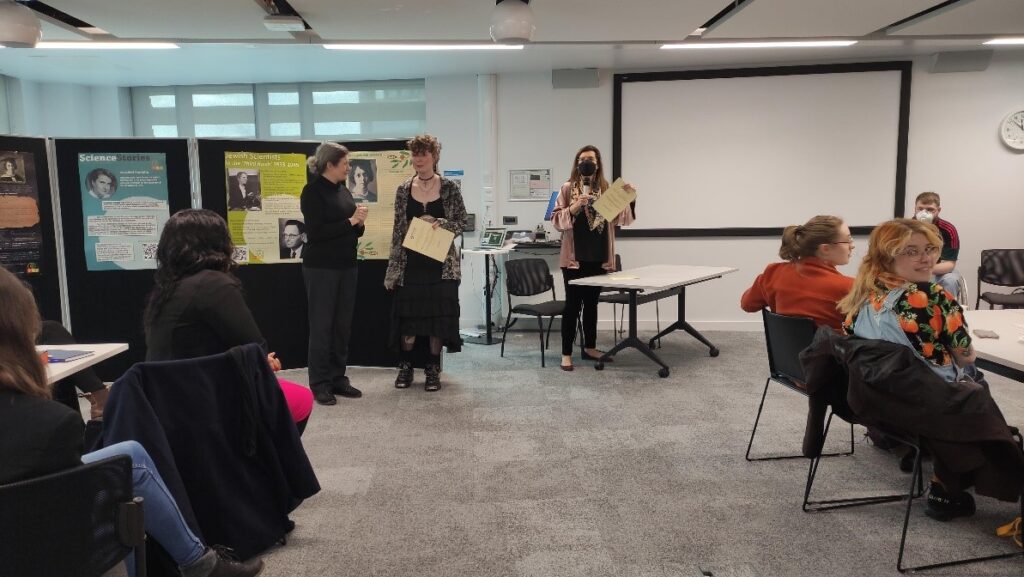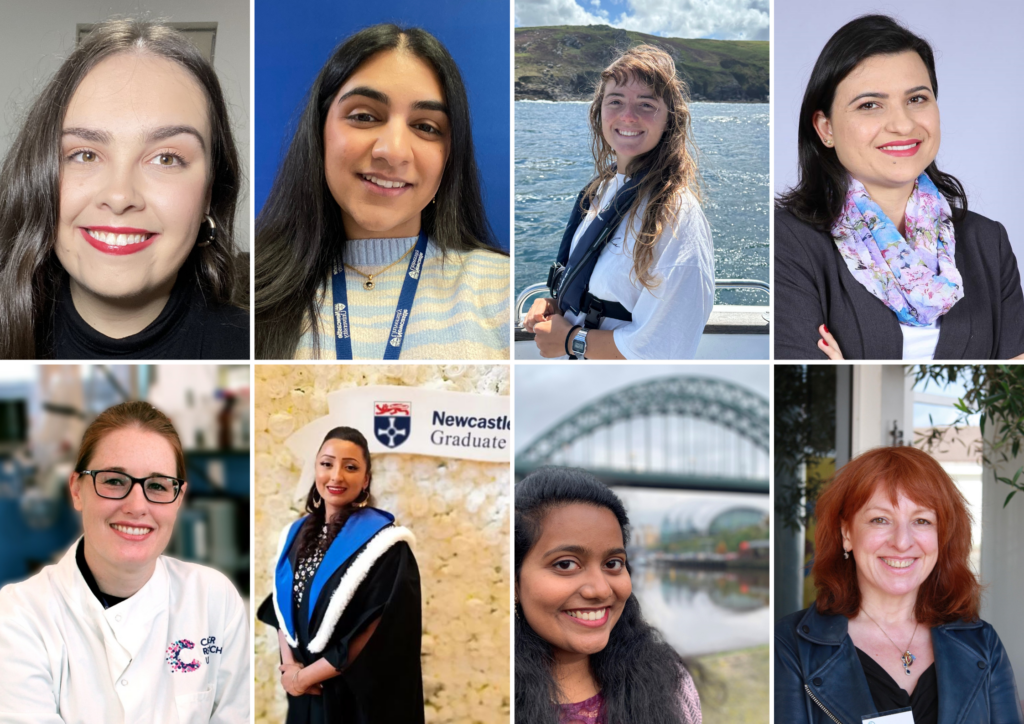
Sarah Griffin, Second Year Institute for Agri-Food Research and Innovation (IAFRI) PhD Student in the Ecology Group
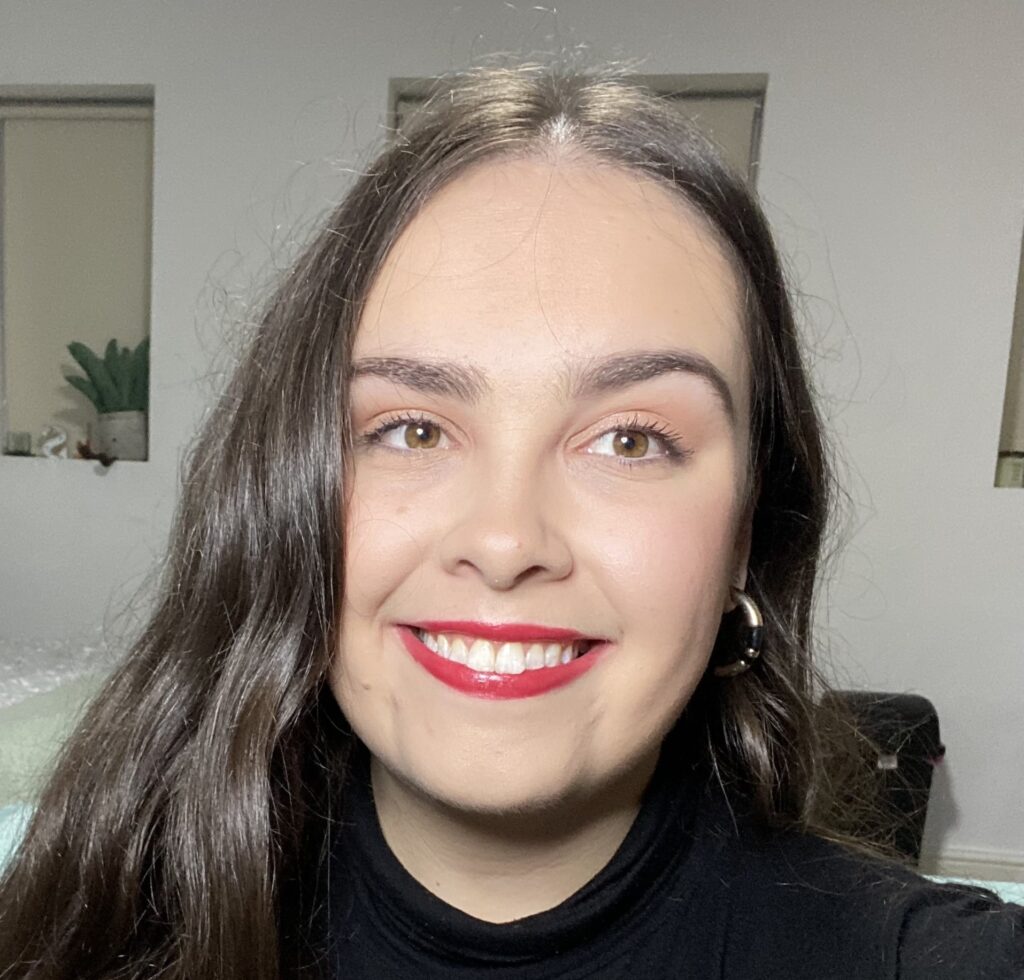
I feel that being a woman hasn’t negatively impacted my development or progress. My family were very supportive of me throughout my career and always encouraged me. I went to an all-girls school where I helped to step up the STEM club to do STEM based activities during lunchtime and after school. Then at university I was involved heavily with Biology Society and extracurricular activities.
I found that along the way there was a lot of times where I was rejected for roles I applied for, such as jobs, placement years, PhD projects, etc. but I think the best way to look at the rejections is that it’s not a rejection it’s a redirection to something better. I feel that got me through to where I am today and kept me motivated to keep moving forward.
I’m based in York at Fera Science Ltd. rather than at the main Newcastle University Campus and currently, I am a core member of the Early Career Network at Fera Science Ltd. where we host monthly meetings for Early Career Scientists at the company in order to develop themselves through workshops, training and mentoring. There was a gap at the company so as a small group we created this network to form a community of early career scientists to share ideas and support one another. We are nearly at 100 members now!
Amandeep Kaur, Senior Research Technician
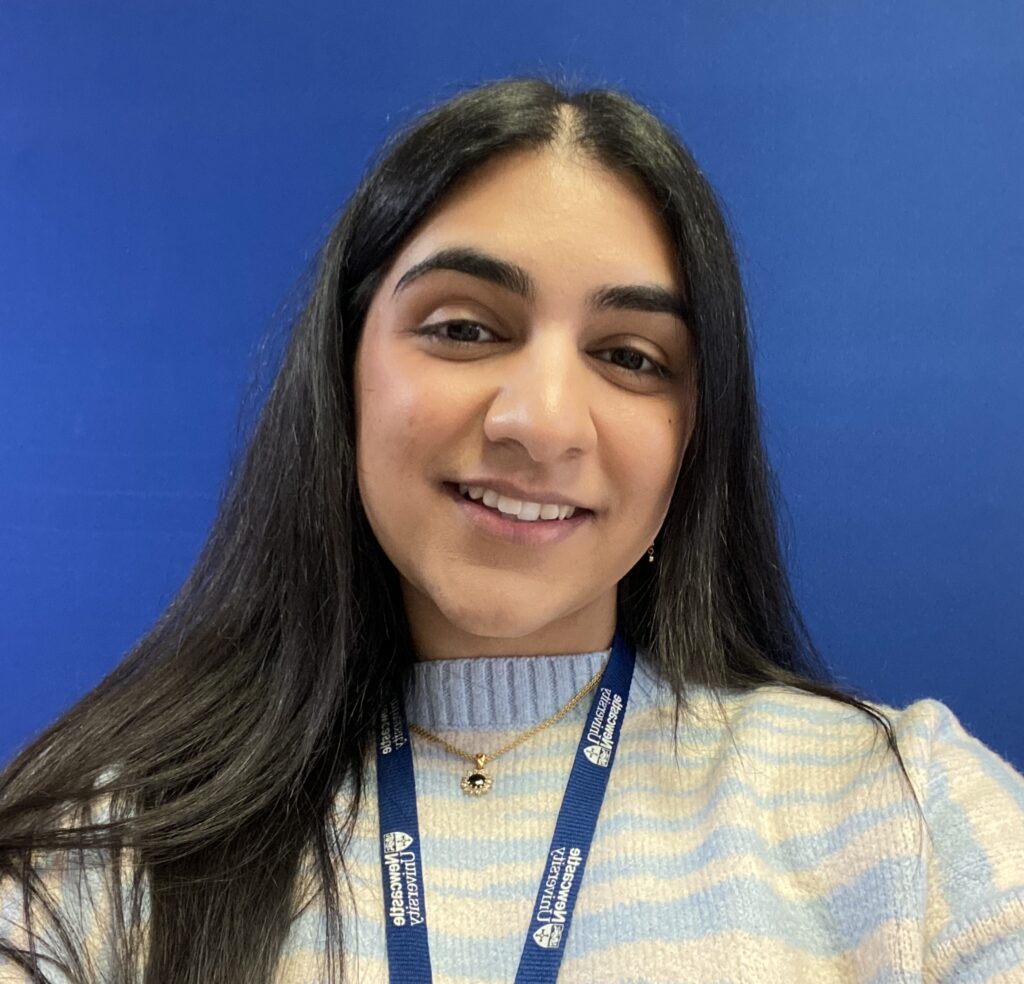
As a research technician, I work on a variety of different projects with the focal point of my scientific research being the quantification of greenhouse gases, may this be from wastewater treatment sites from all across the UK or even Newcastle University’s very own Nafferton Farm’s dairy heard!
Being a woman has 100% impacted my career both positively and negatively. From the onset, research roles can be perceived as very male-dominated and this has at times made me feel overlooked and made me question this career path. However, this being said my passion for science and the supportive work environment has allowed me to overcome this and thrive as a research technician.
One way we try to inspire inclusion in our research team is by hiring Newcastle University students as part-time interns. This allows for female and minority students to gain experience while studying and may make them wish to pursue a career in scientific research.
Advice I would offer to others would be not to underestimate your skills! Embarking a career in research may feel daunting and you may feel like you need certain types of skills but the reality is there are many different ways the skills you already have can be applied.
Phoebe Lewis, Postgraduate Researcher
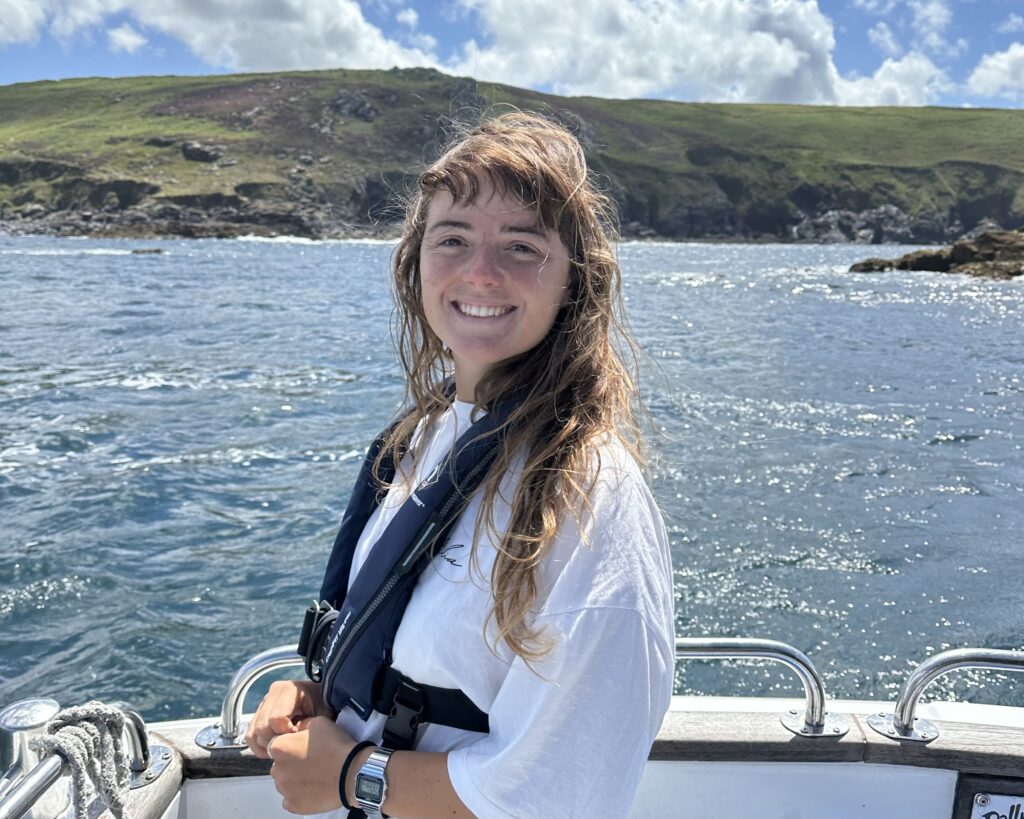
My research is focussed on extracting novel pigments from seaweed and problematic marine flora, which are then to be used in commercial applications such as textile dyes. It sits at the intersection of multiple industries including science, art and design bringing together cross-disciplinary narratives and perspectives. The sustainability of this project isn’t limited to the product produced (seaweed pigments), it navigates the complexities of the entire supply chain and encompasses a deep rooted emphasis on community inclusion.
Throughout my research I have taken extra steps in supporting a sustainable growth of the seaweed industry focussing in particular on allocating correct and fair importance to the inclusivity and transparency of the seaweed industry amongst local communities. This is why as part of my research, I will be visiting the Pacific Seaweed Industry Association in Vancouver Island and learning from their early engagement of original and existing communities with this growing industry and how their approach is encouraging sustainable long-term strongholds of support across all stakeholders.
Alongside my academic work, I also volunteer with N.E.S.T which is a student-led project aiming to educate, empower and integrate the forced migration community in the North East of England. As well as this, I am encouraging the improvement of science communication amongst researchers, by creating workshops on different non-standard methods of storytelling to expose academic research to a wider audience.
I have been fortunate enough to have grown up surrounded by a family of strong, non-adhering women alongside supportive and encouraging men. That upbringing allowed me to feel confident in thinking freely and creatively, especially after making the decision to enter a male dominated industry for my undergraduate degree. Despite being a part of the minority in this field, my work went on to win multiple international awards and I have since been exposed to a huge number of impressively formidable women in multiple industries. This growing collection of people I have the pleasure of spending time with, sharing our wins and losses, has really consolidated the power of a robust support network.
This is why it is so important for me that my work involves community integration within academic research and the seaweed industry, to showcase the possibilities to people who might otherwise think they are not worthy of the opportunity. Despite the uphill battle for genuine equality, being a woman, surrounded by incredible women, continues to empower me to follow my own path and enjoy what I’m doing.
I would encourage other women to pursue what you enjoy and seek out support from people who inspire you – having a strong mentor in your corner will go a long way. As an industrial designer now in the field of marine science, I think it’s important to not worry too much about following standard pathways into a career. Being curious and engaging with people from all types of disciplines helped with navigating my own very non-linear journey to where I am now.
Juliane Fiates, Postdoctoral Research Associate
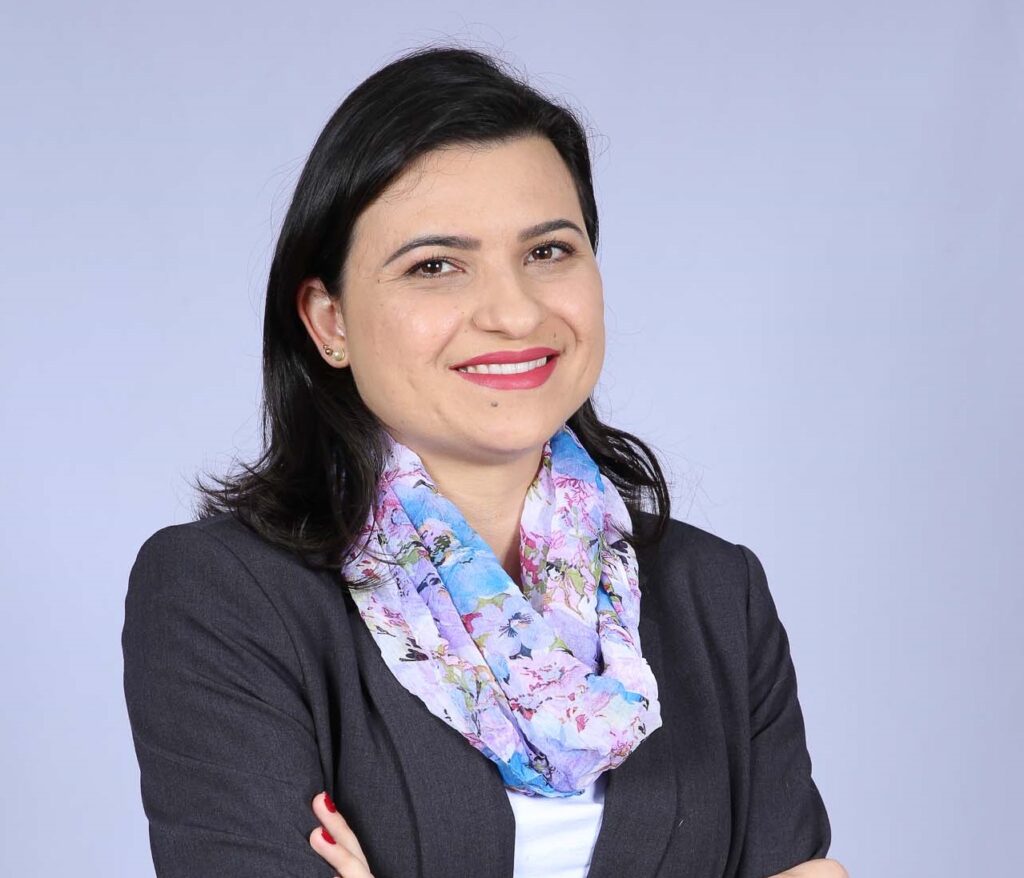
In my capacity, I focus on the study of materials through computational simulation, contributing to the screening process for the development of more efficient batteries.
Being a woman in this field, much like various STEM disciplines, poses challenges due to its predominantly male-dominated nature. The scarcity of successful women in the area has occasionally led to feelings of isolation and a sense of not truly belonging. It appears that women may face greater hurdles in achieving success in this field, causing occasional self-doubt about my potential as a successful principal investigator in the future. This underscores the critical need for increased female representation in influential positions, acting as a catalyst for positive change and providing inspiring role models.
Currently, I actively volunteer with a group called Women in Engineering (WiE) in Brazil, my home country. Given the even lower representation of women in STEM in underdeveloped countries like Brazil, I engage in delivering talks to women and girls aspiring to pursue a career in research. I share my personal experiences and provide guidance on how to embark on this journey.
My advice is to persist even when you feel isolated. The transformation of the STEM landscape necessitates greater female representation. As researchers, our goal is to change the world, and being an integral part of this transformative process is something you will take immense pride in.
Dr Suzannah Harnor, Senior Research Associate based in the Cancer Research Horizons Therapeutic Innovation and NU Centre for Cancer Medicinal Chemistry Labs
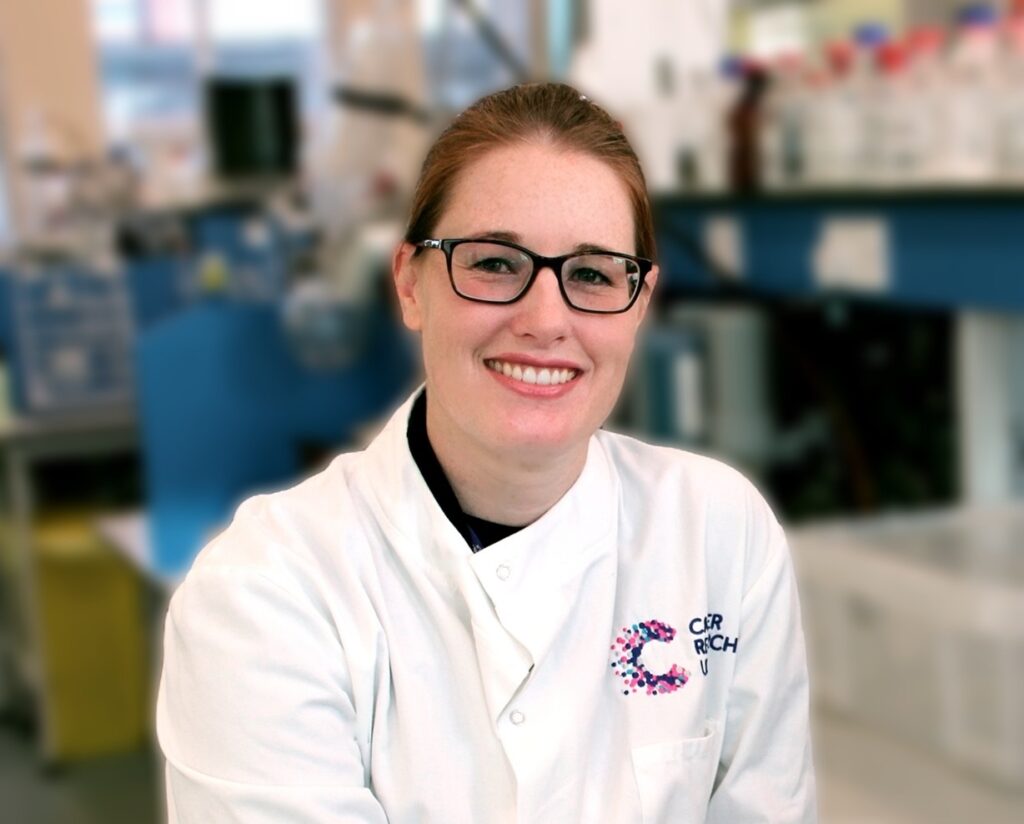
My current role involves working as part of the multi-disciplinary, anti-cancer drug discovery programme. I play a role in the design and synthesis of small-molecule antitumour agents and am active in the co-supervision of medicinal chemistry team members.
The lab I work in is critically dependent on the funding we receive from Cancer Research UK and I firmly believe in doing my part to help raise money for the Charity, and by way of small thanks I organise fundraising events throughout the year.
I am passionate about STEM outreach and engagement and help to organise and take part in many such events. I am a mentor for the nationally recognised In2Research programme, which is designed to enhance access to postgraduate research degrees and career opportunities for people from low socioeconomic backgrounds and under-represented groups.
I’ve been very fortunate in the sense that I have had workplaces that are supportive of inclusion, equality and have very rarely been made to feel inadequate as a result of being a woman. The people you interact with can be so important. Try to find good mentors and collaborators and spend your energy on interactions that feel good. Don’t be afraid to seek advice or talk about yourself and your career to a trusted person. Cultivating a relationship with a mentor can help to develop your confidence, keep focus and allow you to push for the best career outcomes. A mentor will be your ultimate cheerleader!
Be bold, be curious, be passionate, stand out from the crowd. Obtain a broad range of skills and don’t be afraid to try new things, maybe even things that are a bit left-field, but ultimately will increase your visibility. Work hard, challenge yourself, have confidence in your ability, love what you do, and remember to recognise, appreciate and celebrate your achievements!
Robin Kaur, MPhil Student in Marine Science, Course Representative, and Peer Mentor
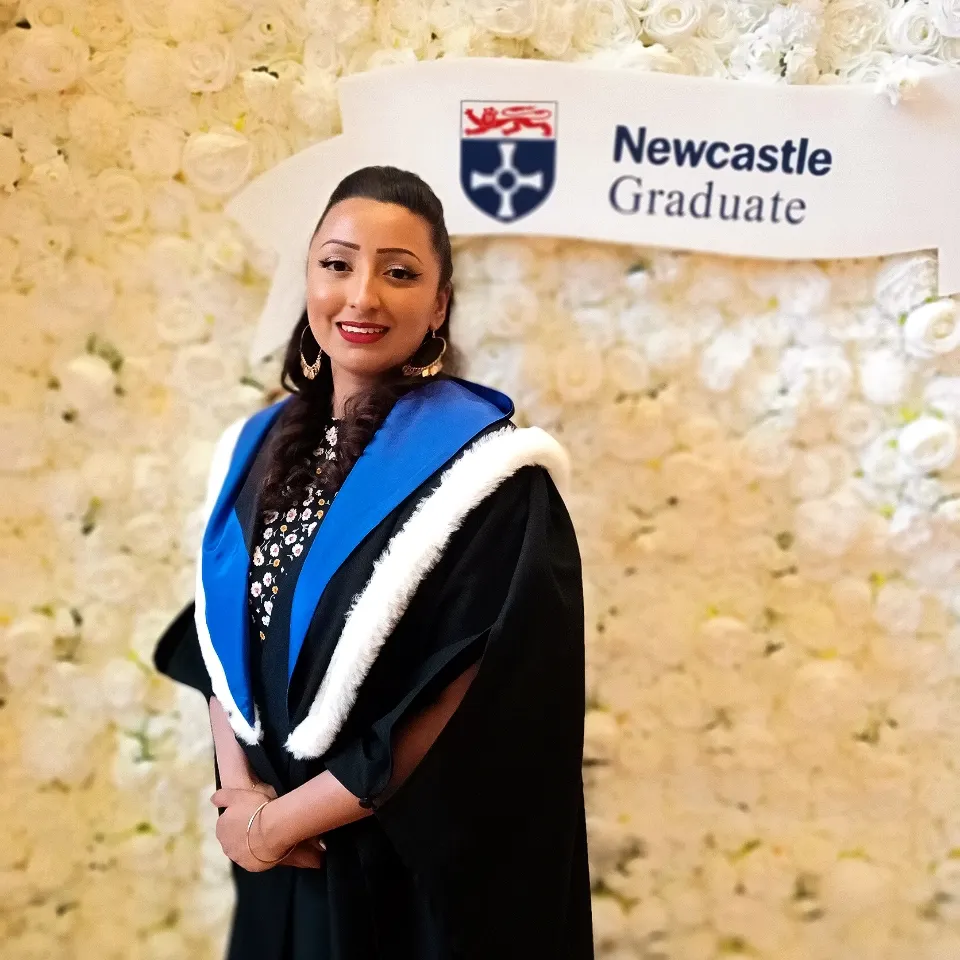
I currently support students from all faculties with my role as Diversity Officer for the Postgraduate Research Community. I am also a Mentor for Ethnically Minoritised Students. My research involves testing toxic chemicals on microalgae and applying my findings to Arctic environments. I aim to help develop an Adverse Outcome Pathway which can aid environmental scientists in ecotoxicology.
During my Undergraduate Studies, I was the Welfare Officer and President for the Marine Science Society. This was to support people within the field and allow people who had limited access at the time to learn about the oceans, animals, and the environment.
I feel support from the other women around me and feel inspired by those who strive to become a better version of themselves. It is also highly encouraging to be surrounded by those who are genuinely interested in my research and provide help when I need it. I am free to ask questions and be my whole self.
However, I have found throughout my career that sometimes I am not taken seriously when interviewed by people in much high positions. One of the responses I received from them when explaining my career development was ‘that’s cute’. It is also frustrating to be an Indian woman and being hired to fit diversity quotas. I am hoping to inspire others in a positive manner to change this type of culture.
I always strive to be 100% myself and would encourage others to do the same. Be the person who speaks up, be the woman that you want to look up to, and most importantly work on having confidence within yourself.
Accept the lows as much as the highs and be patient. There are many women in the world who do not have the opportunity to be educated or access any form of education. Therefore, it is our responsibility as women in the STEM field to continue inspiring others and work towards change.
Kezia Sasitharan, Research Associate in Energy
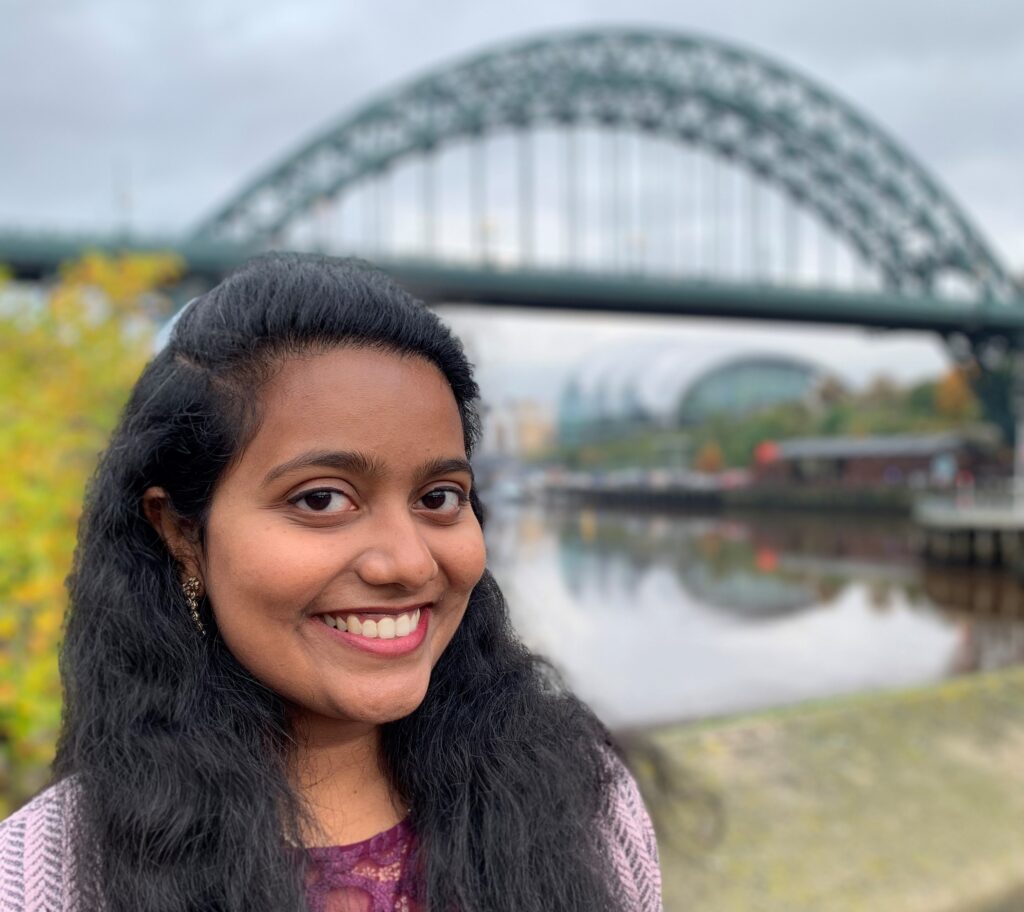
In my current role, I develop next generation materials with unique properties that can transform the way we convert and store solar energy. Being at the forefront of developing future energy storage solutions is really exciting. I find it encouraging that my work helps make meaningful contributions towards driving the change necessary to mitigate the ongoing climate crisis.
I recently co-organised the Global Women’s Breakfast 2024 event at Newcastle University. I am a member of the University Research Associate’s committee as part of which I represent the interests of RAs in the school management meetings. I am passionate about making science accessible to everyone and I have been part of various outreach events including the Royal Society Summer Science Exhibition, London, 2022.
As a woman in science, I have always felt fully supported and encouraged to be the best version of myself. A lot of times I do find myself in intimidating situations, simply because there aren’t many who look like me at the top of my field. However, I have been fortunate to always find mentors who continue to champion me, help me navigate my path through difficult situations and point me towards the right opportunities for my career development. I am very grateful for the time and effort that they are investing in supporting me as I think this will be a real driving force towards retaining more women in science all the way to the top of the leadership ladder.
I feel women should not be afraid to take risks and try new things. When you have an exciting idea, just go for it. Always remember what you bring to the table. Do not allow self-doubts to diminish the value of your ideas.
Professor Lynn Frewer, Professor of Food and Society in the Centre for Rural Economy
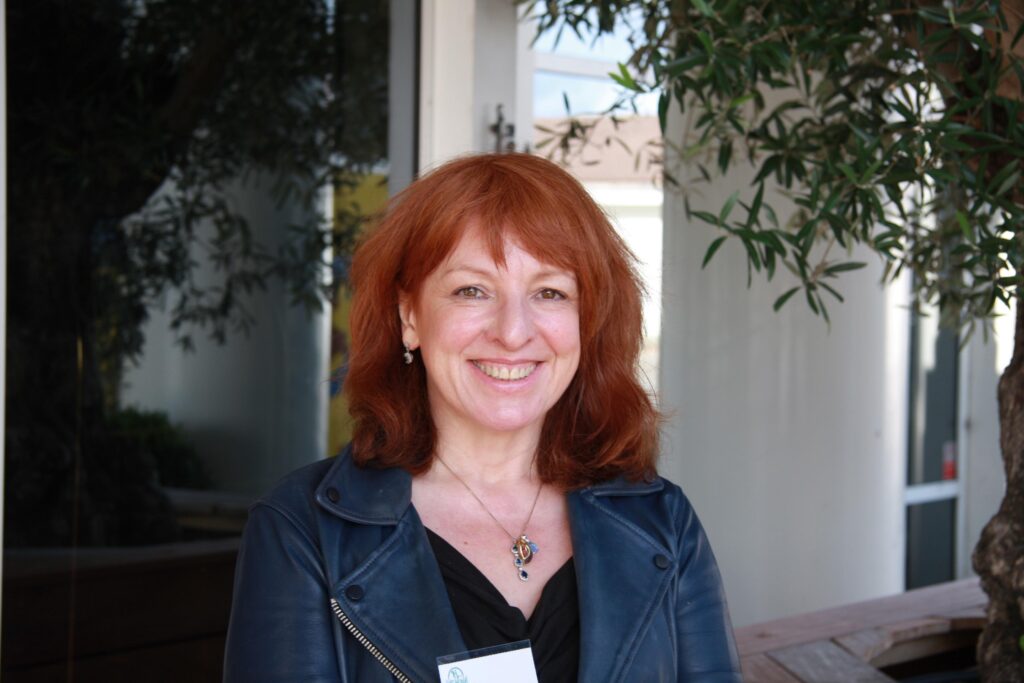
My education is in experimental psychology and ergonomics, including in relation to psychopharmacology. I think because of working with researchers from different disciplines, such as engineering or biology, I am very interested in collaborating with people with very different research perspectives. At the moment I am working with artists, ecologists, mathematicians and computer scientists. I take very seriously the idea that interdisciplinary research can deliver insights which are greater than the sum of the parts. I have also worked in LMIC and BRIC counties and learned that exchanging ideas within different cultural contexts is important when looking at research problems.
My research may involve running stakeholder events to exchange information about different issues. I am very conscious of the need to include everyone in these events, but still find some groups of people “self-exclude”, potentially because of access issues like time, money, caring responsibilities, or accessibility requirements. I am trying to design workshops to ensure everyone has the opportunity to have their voices heard, including people who may have less confidence in being active in public contexts
I believe that there has been a systematic bias against women in all aspects of academia, although now this is at least being addressed. It’s important to discuss the issues and barriers though. When I was appointed to my first chair, at the University of Wageningen, (in 2002) there were only three other female professors in the university. I think the situation has improved since then however, there are still issues to be addressed in terms of career progression.
Sometimes I think women tend to be socialised by society into not promoting themselves and this is becoming more important, so some training, perhaps in writing narrative CVs or videos to promote research achievements on social media, would be helpful. Confidence is not necessarily innate and can be developed.

